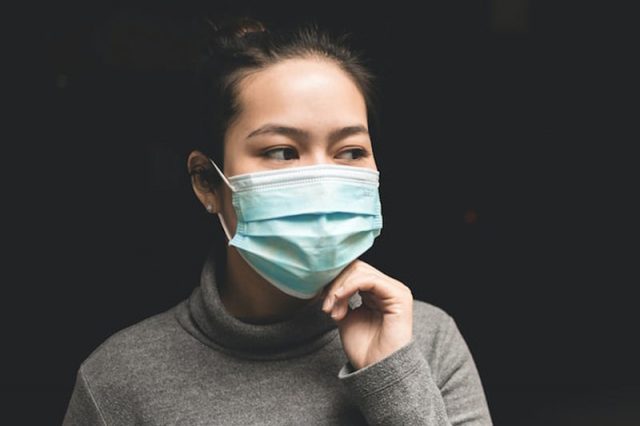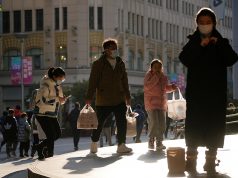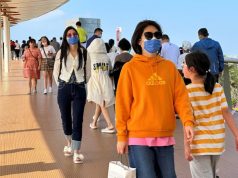The “walking pneumonia” illness, which was detected in the country recently, is not new.
The Department of Health (DOH) issued this clarification on Wednesday, December 6, after some Filipinos expressed concern over it on social media.
DOH earlier logged four cases of an influenza-like illness (ILI) called Mycoplasma pneumonia. This condition is also known as “walking pneumonia.”
READ: DOH logs 4 cases of ‘walking pneumonia’
“Here in the Philippines, the DOH has previously detected M. pneumonia using various methods. DOH surveillance systems are able to detect ILIs, and can confirm through laboratories what may be causing them,” the health department said.
“The DOH reassures the public that detecting M. pneumonia is not new or unusual. More importantly, we can prevent transmission of M. pneumonia and other respiratory pathogens through regular handwashing, masking, ensuring adequate ventilation and updating our vaccinations,” it added.
The DOH further assured the public that the four infected individuals have already recovered.
According to a medical website named Cleveland Clinic, people with M. pneumonia are still strong enough to “walk” and perform their daily activities, hence the name “walking pneumonia.”
It is a “mild form of pneumonia” and the “common term for atypical pneumonia.”
“Pneumonia is a lung infection that causes your airways to swell, the air sacs in your lungs to fill with mucus and other fluids, a high fever and a cough with mucus,” the explanation on the website reads.
“If you have walking pneumonia, you may feel well enough to walk around and carry out daily tasks without realizing you have pneumonia,” it added.
The clinic further stated that this type of pneumonia doesn’t require patients to be hospitalized or be placed on bed rest.
Its symptoms include:
- Fatigue
- Sore throat or pharyngitis
- Low fever
- Chest pain
- Cough
- Sneezing
- Headache
Despite it being mild, DOH also warned about vulnerable individuals at risk of developing a severe form of health condition because of this ILI.
“While all age groups can be affected, those with weak immune systems and living in closed settings are at higher risk for more severe diseases. Filipino doctors and medical personnel in our hospitals can treat M. pneumonia and have the medicines for it,” it said.
Some Filipinos, meanwhile, advised each other to wear face masks again and observe other preventive measures to prevent further transmission.
“Mask up, guys. While we have effective antibiotics against Mycoplasma and other atypicals, the severity of pneumonia may still vary depending on immune status and comorbidities. When you add other viral illnesses: COVID-19, flu, RSV to the equation, it can become severe and fatal,” a doctor named Harold Henrison Chiu posted.
“Please wear mask sa labas. Drink vitamins and consume healthy food. And not tomention, always practice handwashing,” an X user said.
“And this is why we still have to practice frequent handwashing. Wearing a mask definitely won’t hurt as well,” another Filipino also commented on X.
This development came after the DOH logged a 45% increase in ILI cases from January 1 to October 13. This equals to a recorded total of 151,375 cases this year.









